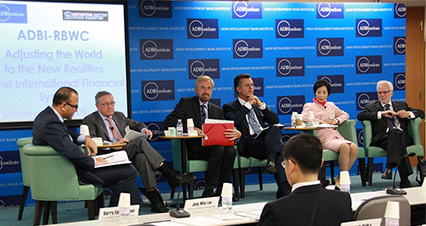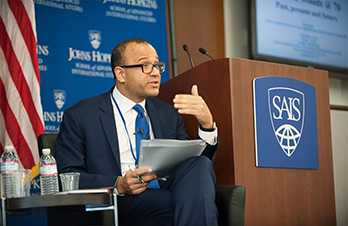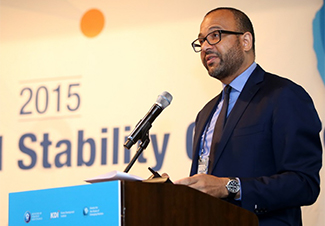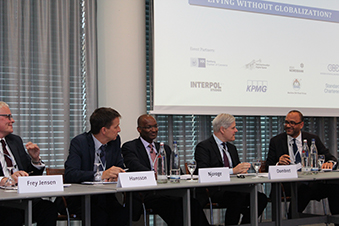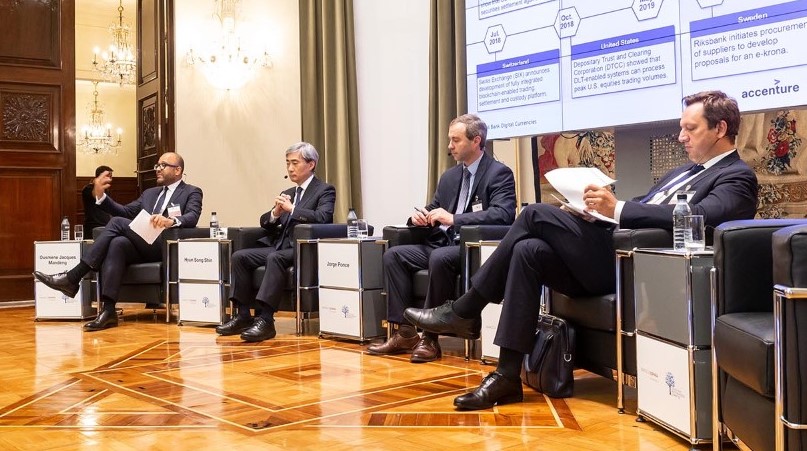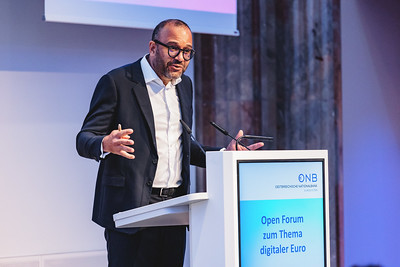Economics Advisory
Ousmène Jacques Mandeng
Strategic consultancy at the intersection of fintech, public policy and monetary economics
Central bank digital currencies, tokenized deposits, tokenized money market fund shares, tokenized e-money, cryptocurrencies
Unique track record with work on key digital money projects
Focus on foreign exchange and cross-border payments
Projects
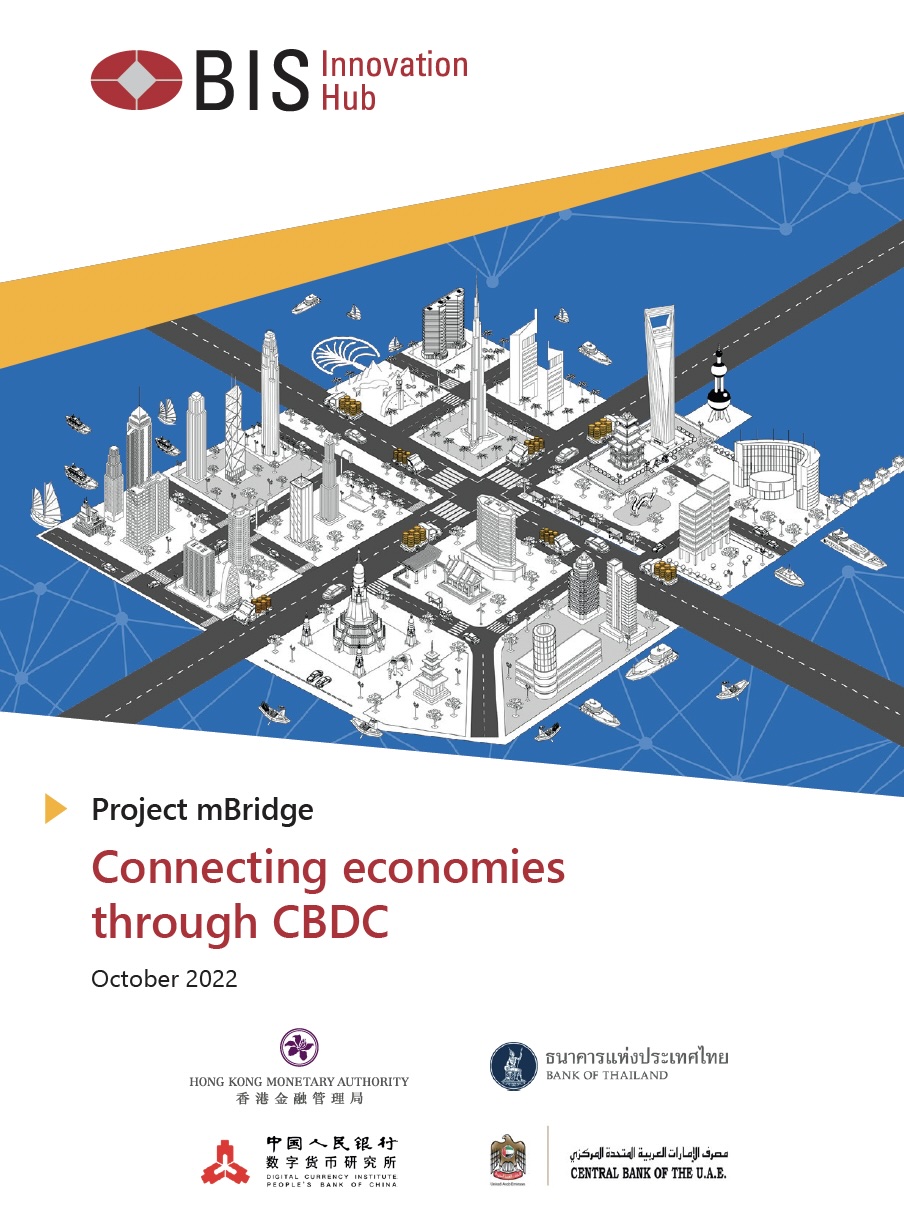
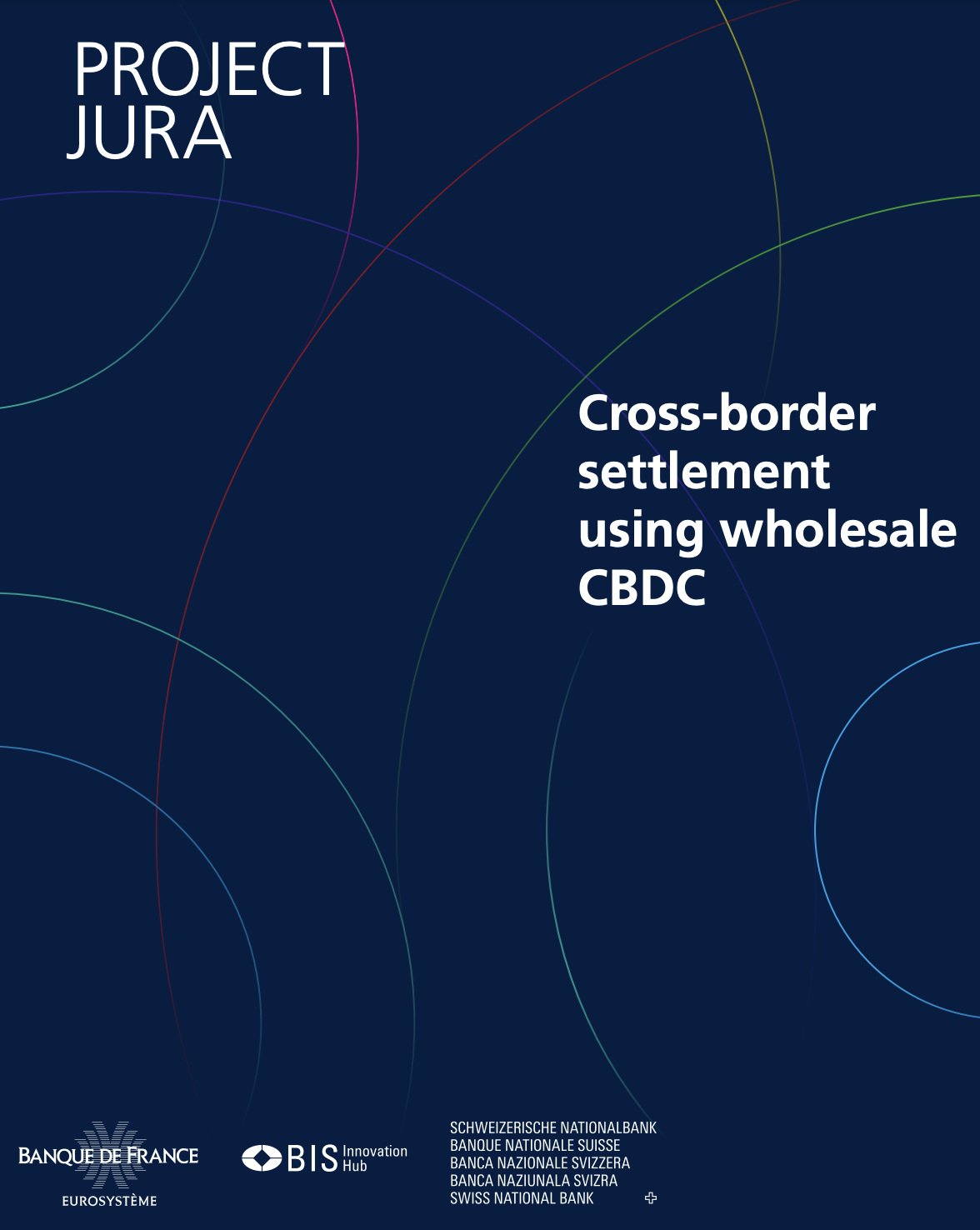
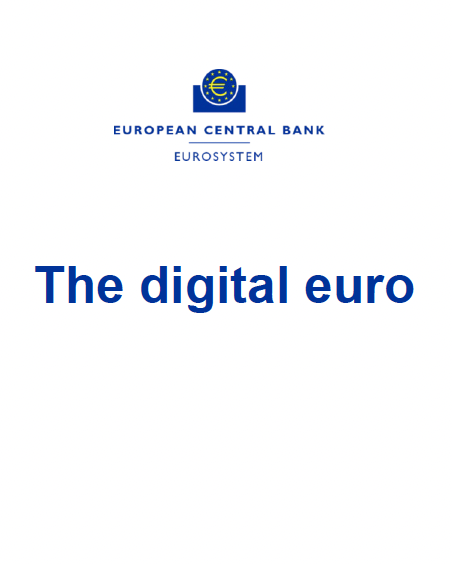
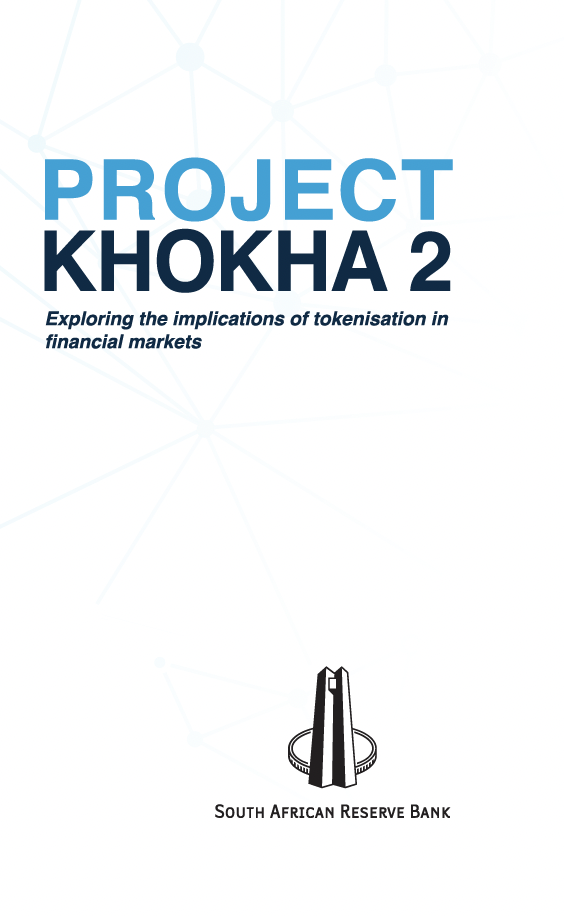
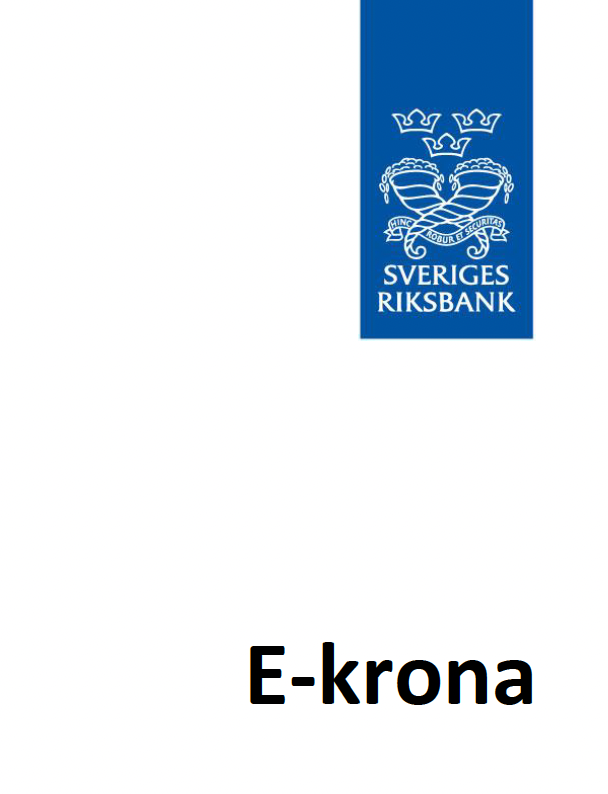
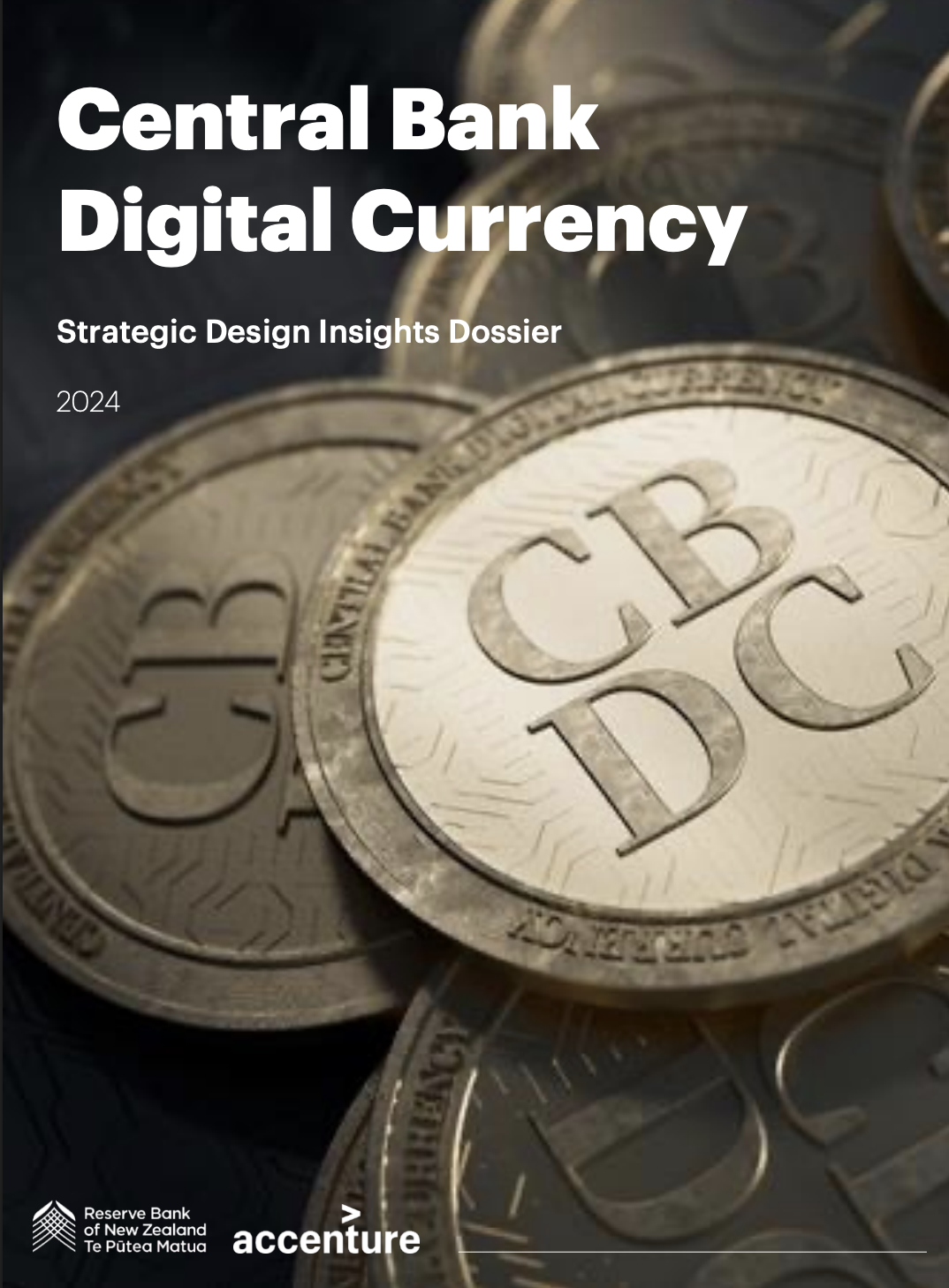
Are stablecoins cryptocurrencies? No
I had the pleasure of participating in an outstanding panel discussion with a very engaged audience at Digital Finance Day on 29 October 2025 in Zurich. The title of the session was "Stablecoin quo vadis – Should Switzerland become a stablecoin powerhouse?" I took the opportunity to challenge a few persistent misconceptions that risk distorting the debate around stablecoins: Eurosystem work on the digital euro discourages euro stablecoins; stablecoins undermine financial stability; stablecoins drive fragmentation and undermine the "singleness of money."
What problems are digital currencies solving?
Last Thursday, I gave a seminar at the The London School of Economics and Political Science (LSE) to a fantastic and engaged group of students on: Digital currencies, blockchain and the IMF. I thought I start by asking why digital currencies are being considered to solving international payment problems (it is what attracted me to work on digital currencies) and offer some definitions.[...]
Are AMMs fit for foreign exchange?
I participated in a fantastic workshop organised by Sonja Davidovic at the IMF on digital monies during the IMF Annual Meetings on 14 October 2025. There were two presentations that referred to the adoption of automated market makers (AMM) to support foreign exchange market liquidity. BIS projects Mariana and Rialto had also used AMMs to support foreign exchange settlement. I have some reservations regarding the use of AMMs for foreign exchange.[...]
Many or few stablecoins?
At the IMF Annual Meetings, stablecoins were one of the big topics. On 14 October, the IMF held a panel discussion where two key visions were voiced that may have a profound impact on the international monetary system; i) “in the dollar world […] there will be a dominant 3-5 players;” and ii) “monetary sovereignty will be challenged and there will be fewer currencies.” Both seem sensible but exhibit important caveats. [...]
Stablecoins in the international monetary system
I participated in a fantastic roundtable on stablecoins organised by Chatham House in London on 3 October. My main takeaways are:
Why stablecoins? One participant argued that stablecoins help overcome walled gardens that frustrate cross-border and other payments. It depends on who are the transacting parties. Between non-financial institutions, indeed transferring money digitally peer-to-peer is new. Between financial institutions, it is not so clear. Key problems in cross-border payments are compliance and regulation that stablecoins do not solve. Stablecoins may encourage entering more direct monetary relationships thereby shortening payment chains and reducing compliance and regulation-related frictions. ...
What are stablecoins again?
This is to share a few reflections on the conversations I had during Sibos with different financial market participants on the topic of stablecoins. I felt in some conversations there is still a need to align better on fundamental principles. Bank of England Governor Andrew Bailey’s opinion on stablecoins in the Financial Times of today (https://lnkd.in/eMwNx8Nt) does also not seem to be aligned.
Recent commentary
Where is the Digital in International Monetary Fund?
The International Monetary Fund (IMF) is trailing the debate about digital monies. It is slow to incorporate key new monetary developments into its remit to improve cross-border payments and strengthen the international monetary system. The IMF has been a money innovator in the past, notably with the introduction of the Special Drawing Rights (SDR). But today, for an institution that has money in its name, it is conspicuously absent in its efforts to improve it. [...]
Stablecoins are not the future of international payments
Once the preserve of the crypto community, stablecoins in recent years have been touted as a means of disrupting the global payments infrastructure, not least within areas such as cross-border transactions and foreign exchange settlement. Yet while stablecoins exhibit properties that lend themselves to settlement, a better option for cross-border payments has emerged in the form of tokenised money market funds.
Do stablecoins increase the net demand for US Treasury securities?
Stablecoins are being advertised as increasing the demand for high-quality assets. Some even suggest they may solve governments' debt problems by producing an increased demand for Treasury securities. US Treasury Secretary Scott Bessent said: "A thriving stablecoin ecosystem will drive demand from the private sector for US Treasuries, which back stablecoins. This newfound demand could lower government borrowing costs and help rein in the national debt."
This view rests on the strong assumption that stablecoins can increase the net demand for Treasury securities. While this is possible, it is not assured, and under some conditions net demand could be unchanged or even lower.
A central bank digital currency can shape the national payment system
Central banks are exploring the idea of issuing a digital banknote or retail central bank digital currency (CBDC). Today, they offer only physical banknotes to the general public.
With increasing digitalisation in payments and already dominant use of digital means, it seems obvious that central banks should follow suit. Yet, many remain hesitant amid the availability of a broad range of alternative, typically bank-based, digital payment tools. Andrew Bailey, Governor of the Bank of England recently questioned the need for a retail CBDC if banks can offer a good alternative. The question therefore is, is a retail CBDC needed? The answer depends on how central banks see their role. [...]
Stablecoins thrive on regulation but is that enough?
Stablecoins have brought national-currency denominated monies onto blockchain. Not only is this highly commendable, it also crucially exposes the slowness of traditional money issuers in adopting new technologies. Recent regulatory advances, however, now seem to bestow stablecoins with specific advantages that may drive money fragmentation and arbitrage, create new compliance risks and distort fair competition. [...]
On the foreign exchange dimension of cross-border payments
[...] the new U.S. administration has engineered de facto a system reset. Its policy stance seems geared towards undermining the very foundations of the unique international role of the dollar. It seems that the quest for an alternative model is now far more urgent as it has become apparent that relying on a single currency may be just too risky. As there is no other currency that can supplant the dollar, nor would it be desirable, the alternative will likely be a greater currency diversification.[...]
Currency Wars in the Digital Age: CBDCs, Stablecoins and Mr Trump
[...] During the IMF Spring Meetings in April, IMF Chief Economist Pierre-Olivier Gourinchas stressed that the “global economic system that has been operating for the last 80 years has been reset.” In this seminar, I will try to offer you a new perspective on the international monetary dimension of the system reset. There is a new type of currency war looming which is about shifting the relative attractiveness of currencies in international payments. I will provide a brief overview of what the system is about and then focus on how digital monies may change it and why. The innovation with digital monies is not how payments are being made but how they are being processed and how thereby they may change the incentives for holding currencies.[...]
If the US dollar's dominance fades, here's what might replace it
Predictions about the demise of the U.S. dollar as the main international currency seem to be gaining momentum amid the recent drastic and unpredictable economic policy measures of the U.S. administration on tariffs. Credible paths toward an orderly regime change remain rare. Projects like mBridge with the participation of the central banks of China, Hong Kong, Saudi Arabia, Thailand and the United Arab Emirates promote greater currency diversification in international payments. Recent events may have made such projects even more relevant. [...]
More commentary
Services
Strategic advice
Consultation on monetary innovation, central bank digital currencies (CBDC), private digital monies and other blockchain-based financial and payments applications with a focus on cross-border payments and securities settlement.
Speaking
Event and keynote addresses and panel discussions on digital monies and assets and international monetary affairs.
Publications
Two key publications by the Reinventing Bretton Woods Committeeon international monetary affairs are now available on Amazon:
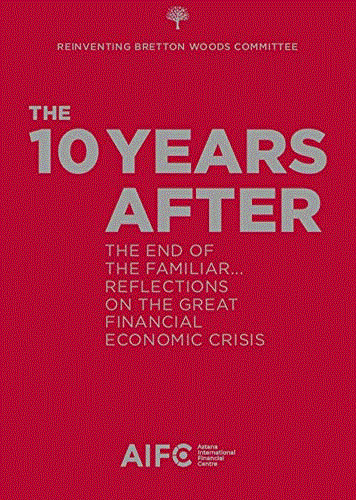

About
Economics Advisory Ltd. is a London-based private limited company registered in England and Wales established in 2018 with a special focus on tokenised money and payments solutions led by Ousmène Jacques Mandeng.
Dr Ousmène Jacques Mandeng specialises in the economics of tokenised monies, their impact on financial markets and the digital transformation of finance. He is acting as Senior Advisor to Accenture on major tokenised money projects and in particular central bank digital currencies. Ousmène had worked more than 20 years in senior positions in financial markets and the International Monetary Fund. He comments regularly on the impact of digital money and the international monetary system. Ousmène is a Visiting Fellow of the London School of Economics and Political Science, Member of the Bretton Woods Committee, Fellow of Reinventing Bretton Woods Commitee, Member of Robert Triffin International. He is fluent in German, English, French and Spanish and holds a PhD from the LSE.
All views expressed in this blog are those of Economics Advisory and not necessarily those of its clients.
